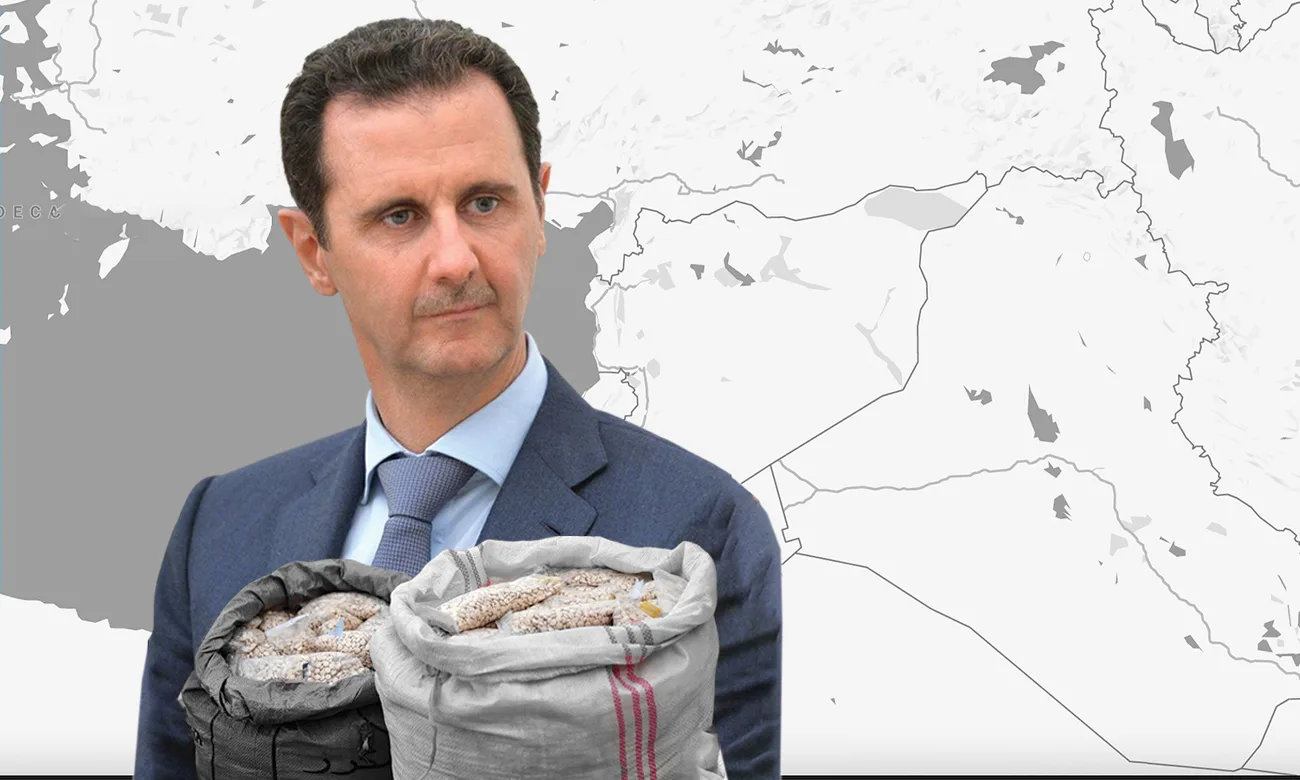As Syria continues to grapple with economic turmoil and civil unrest, the regime of President Bashar al-Assad has turned to the illicit drug trade to sustain its finances. Reports reveal that the Assad government has made billions by producing and exporting various narcotics, notably capturing a significant segment of the global market for amphetamines and other party drugs. According to a report by the PBS NewsHour, many regions in Syria have become flourishing hubs for drug cultivation and production, capitalizing on the chaos wrought by years of conflict. ‘The regime has utilized its security apparatus to facilitate the drug trade, ensuring that these operations can run smoothly,’ stated one observer familiar with Syria’s drug networks. The agricultural landscape, once dominated by traditional crops, has shifted towards lucrative marijuana and captagon production. An example of this transformation is seen in the areas surrounding Damascus, where the Syrian government’s appetite for funding its activities has led to increased cultivation of psychoactive substances. With officials reportedly allowing drug operations to operate with relative impunity, the conflict has inadvertently inaugurated a new economic sector that thrives amidst lawlessness. Furthermore, the WSJ reports that dealers in regions controlled by the Syrian government are reportedly making vast profits, with the operations spanning not just local but also international markets, reaching parts of the Middle East and Europe. This apparent turn to drugs as a means of economic sustenance is raising alarm among international observers, questioning the implications this has for both regional stability and global drug enforcement efforts. As Syria stands at this crossroads, the world watches closely, assessing how the drug industry’s expansion will influence the overarching dynamics in a nation already burdened by conflict.
Syrian Regime Capitalizes on Drug Trade Amid Ongoing Economic Struggles













